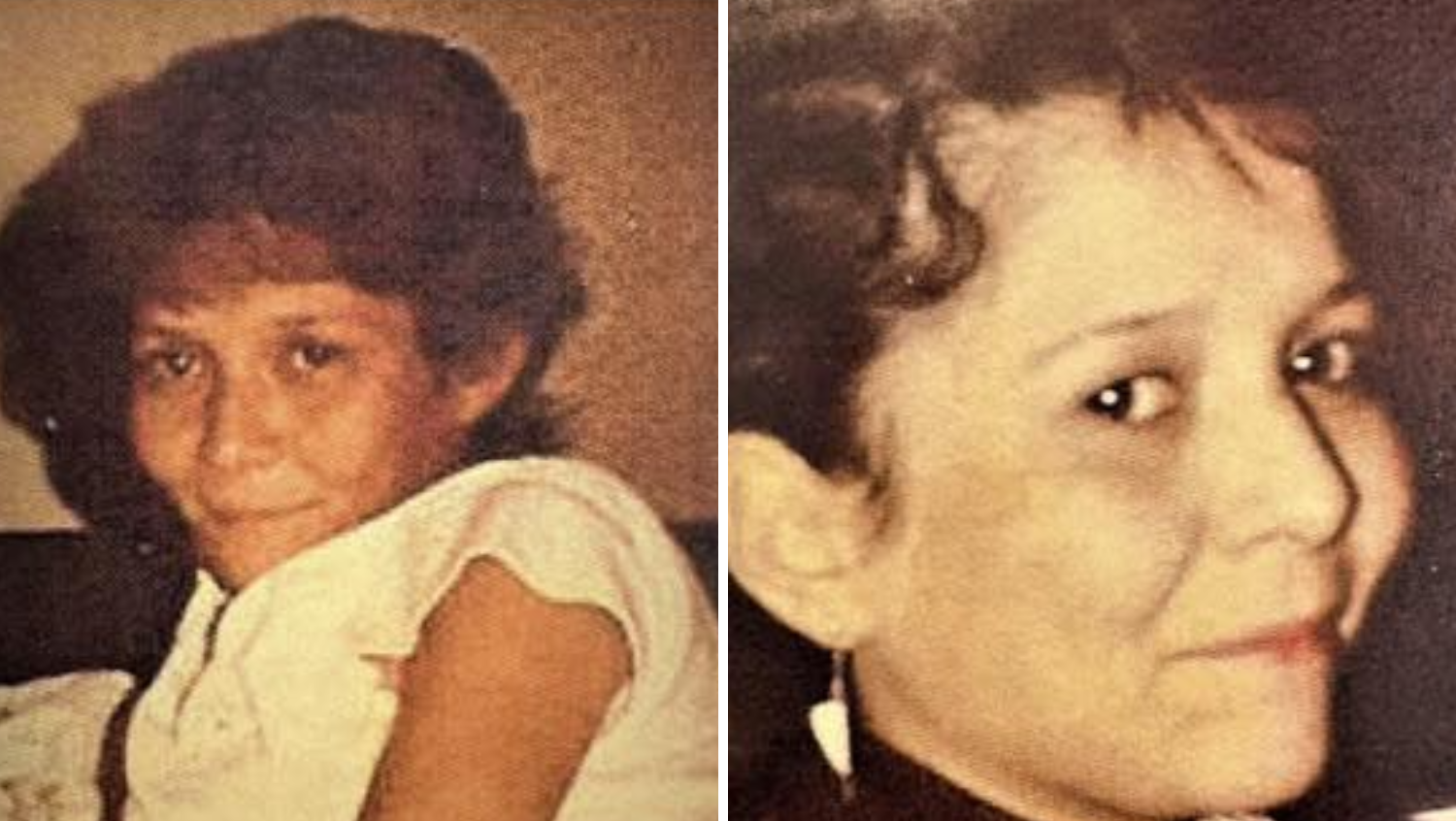We’re taking a closer look at the first formal agreement between a university in Connecticut and pro-Palestinian protestors. Wesleyan made some concessions in exchange for a campus encampment to be taken down before graduation.
We’re taking a closer look at the first formal agreement between a university in Connecticut and pro-Palestinian protestors. Wesleyan University made some concessions in exchange for a campus encampment to be taken down before graduation.
The tents put up at Wesleyan for weeks, calling for divestment from the war in Gaza, are now gone after an agreement was reached between protesters and university administration.
Stream Connecticut News for free, 24/7, wherever you are.
It includes giving students a say in how Wesleyan invests in its endowment. Batya Kline, a Wesleyan grad student and a member of Students for Justice in Palestine (SJP), said it’s a good first step.
“We have never achieved even close to what we’ve got, which is we got disclosure,” she said.
Get top local Connecticut stories delivered to you every morning with the News Headlines newsletter.
The university revealing, as of Dec. 31, 2023, 1.7% of the university’s endowment was invested in aerospace and defense companies. Another 0.4% was invested in Israeli software companies. Wesleyan officials say none are involved in the manufacturing of weapons.
The agreement includes having a Committee for Investor Responsibility (CIR) made up of students, faculty, staff and alumni. It would advise the Board of Trustees on endowment investments. The board would then vote on any suggested changes.
“We’re excited that we have the CIR and these other processes to go much more in depth to investigate what are these companies we are invested in,” Kline said.
Local
One Wesleyan student said he’s pleased to see an agreement was reached.
“I think it was nice that things were settled quite amicably and diplomatically between the administration and the protesters,” Wesley, a university sophomore who declined to give his last name, said.
But there is a dispute over words. University president Michael Roth wrote in a letter to campus that there was an agreement with student protestors there would be no disruptions during commencement. Kline said that’s not true.
“Nowhere in that agreement is there a concession made to promise not to disrupt graduation,” she said.
In a follow-up statement, the university said:
“Reunion and Commencement weekend, the culmination of a college career, is a time for celebration. It takes years of effort and focus for our students to reach this joyous and momentous occasion. Over the years, students have often expressed themselves during these events, but University policy prohibits disruptions of its operations. We look forward to hearing from our speakers and celebrating our graduates and their families.”
Kline and members of the Students for Justice in Palestine plan to meet with the university investment committee later this month.
“We will hold our university accountable. We will not accept no for an answer,” she said.
The Anti-Defamation League Connecticut released a statement condemning the agreement, saying in part:
“Negotiating with SJP — a group that glorified Hamas terrorism and continues to fuel antisemitism on campuses across the country — is dangerous. Failing to acknowledge or offer any support for Jewish students in the agreement adds insult to injury. And, rewarding those who violate the rules only incentivizes more serious escalation in the future.”



